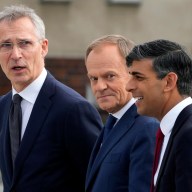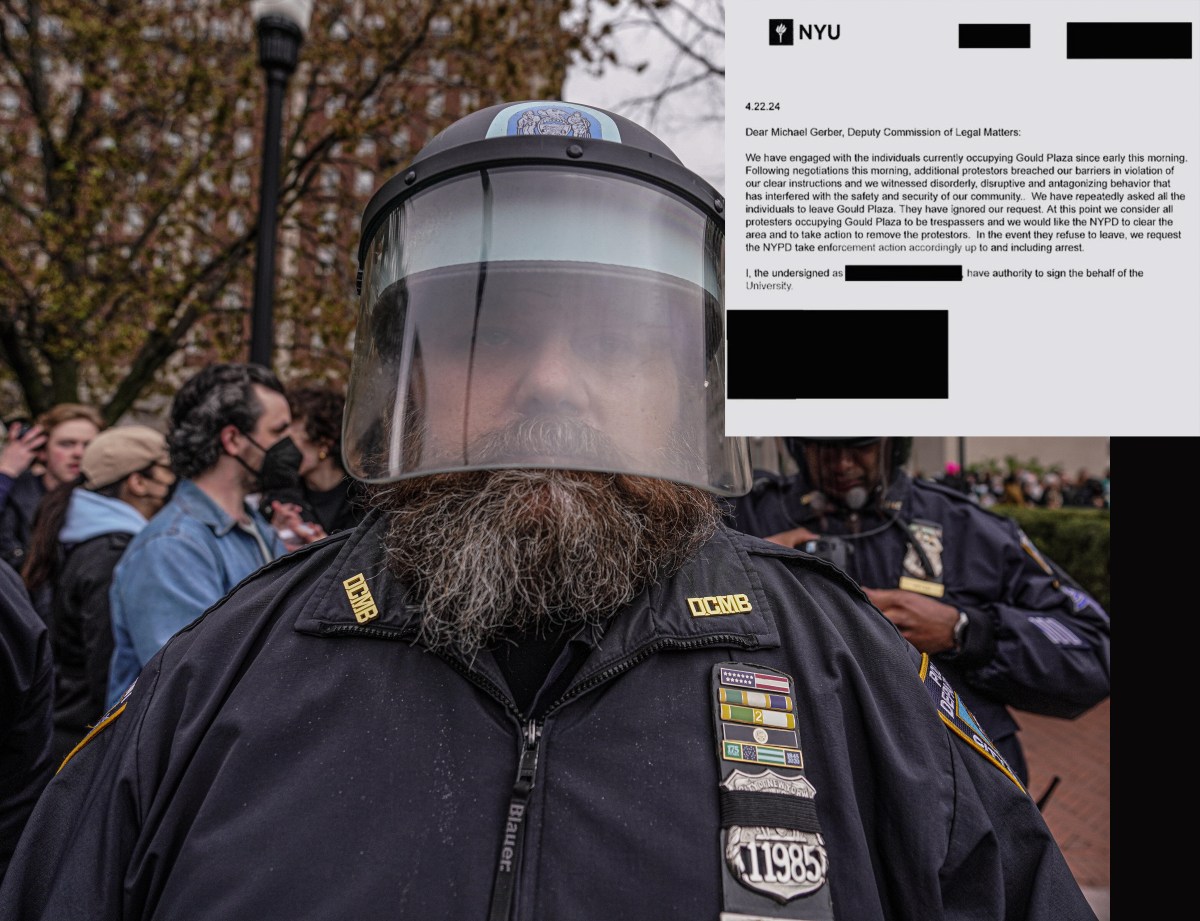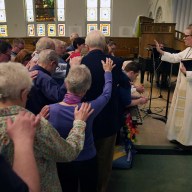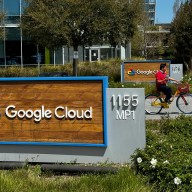By Igor Ilic
ZAGREB (Reuters) – Although almost two thirds of Croats are in favor of a snap election now likely in early September, many experts believe the vote will not offer an easy way out of economic underperformance and political uncertainty. The prospect of yet more political wrangling and protracted coalition talks after any fresh election has also left investors fearing that economic reforms needed to boost growth after years of recession will be further delayed. After five months in power, the government of Prime Minister Tihomir Oreskovic was toppled last week following a quarrel between the main coalition partners – the conservative HDZ party and a reformist Most, or “Bridge”, alliance. The central figure in the row is Tomislav Karamarko, who resigned on Tuesday as HDZ leader. He is embroiled in a conflict-of-interest case involving his wife’s business interests.
As the scandal unfolded, he found himself unable to build a new parliamentary majority after the HDZ forced a no-confidence vote that brought down the government, opening the way to a new election just 10 months after the last. Last November’s inconclusive election produced a fragile government embroiled in disputes over sensitive political appointments, public administration reforms that would mean big job cuts, and Karamarko’s conflict of interest case. There are fears that comparable instability will emerge after the coming election.
“The risk of a similar situation, with Most still as kingmaker, is considerable,” said political analyst Davor Gjenero.
According to a recent opinion poll, the main opposition party, the Social Democrats (SDP), have 30-percent support, while the HDZ, which was the dominant party in the old government, is on 26 percent. “Although the SDP is likely to be the relative winner, changes in the HDZ leadership (Karamarko’s resignation) could help it recover and become a suitable coalition partner. However, the question remains whether party leaders will know how to compromise, contrary to what we have witnessed recently,” Gjenero said. ECONOMIC RISKS
The election comes at a difficult time for Croatia, as it hauls itself out of six years of recession between 2009 to 2014.
“I see mid-term risks, as without stable government a reformist drive is unlikely and without reforms we cannot have stronger growth, which is needed at a time when we are spending 3.5 percent of gross domestic product on interest payments alone,” Zrinka Zivkovic Matijevic from Raiffeisenbank said. Croatia needs decisive reforms to fix its fragile public finances, reduce public debt standing at 86 percent of GDP, improve the investment climate and spur growth. All of this is now facing further delays as the vote looms. Without reforms, Croatia’s potential long-term growth rate is around 1.5 percent at best, economists say. Growth last year was 1.6 percent with 2 percent expected this year.
“I don’t see a major impact hitting investors’ confidence at the moment, as there are solid external tailwinds supporting economic prospects and domestic demand is gaining ground,” said Jakub Kratky from Generali Investments. However, despite rising exports and strong income from tourism, lack of political stability remains a worry.
“The uncertain political environment will likely dampen momentum for reforms. I’m a bit skeptical that a snap vote will bring the desired political stability,” Kratky said.
There is also pessimism about the upcoming election among young people, among the worst hit by high unemployment of almost 16 percent.
“We need new people in politics who can focus on creating new jobs, invest more in education and cut bureaucracy rather than enjoying too many benefits for doing little or nothing,” said Rafaela Tassotti, a student of Spanish. (Editing by Giles Elgood and Andrew Heavens)
Snap election may not end Croatia’s political deadlock
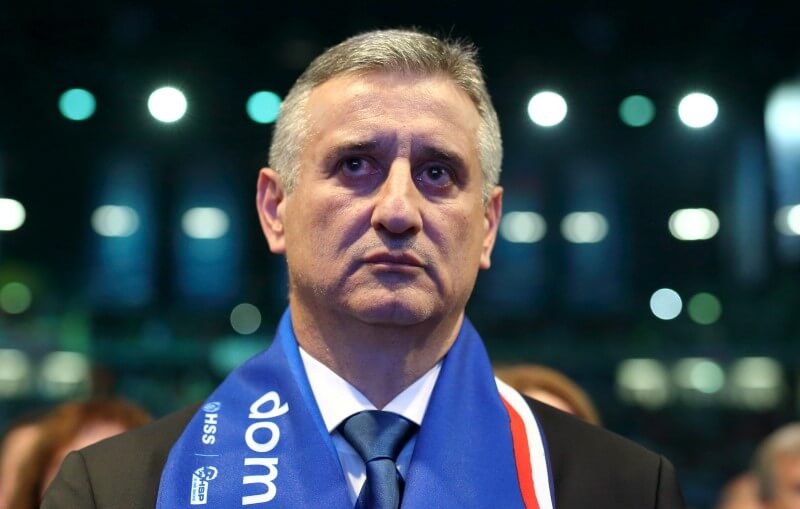
By Igor Ilic







